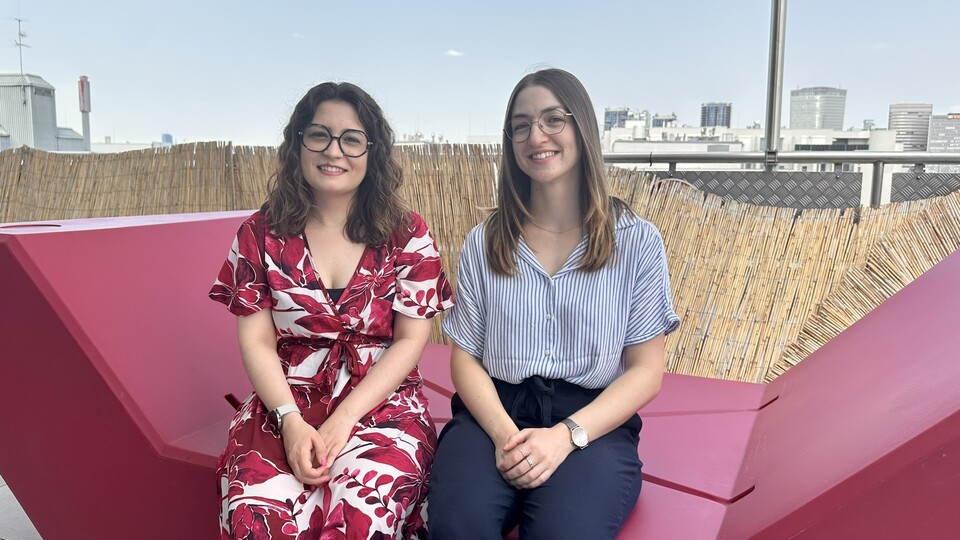
The post-translational modification of proteins with ubiquitin is essential for regulating protein activity, stability, and localization, thus enabling cells to respond to internal and external signals. A variation of this modification involves ubiquitin-like modifiers (UBLs), but the mechanisms and functions of these modifications remain largely unknown. Within the cell, the endoplasmic reticulum (ER) plays a key role in ensuring correct protein folding or degrading misfolded or unfolded proteins. Milica Mihailovic explains: “My project aims to understand the role of post-translational modification by UFM1, a ubiquitin-like modifier, in ER-associated protein quality control. UFM1’s involvement has been discovered only recently, making this an exciting and new field with a great potential for novel findings.” Originally from Serbia, Milica completed her Master’s degree in Chemical Biology, a joint program between the University of Geneva and the École polytechnique fédérale (EPFL) in Lausanne, Switzerland, before joining the Perutz in June 2022. She is a PhD candidate in the lab of Elif Karagöz.
Aging is associated with an increased risk of developing cardiovascular diseases. “In my project, I work with an in vivo model of Hutchinson-Gilford Progeria Syndrome (HGPS), a premature aging disease”, explains Raquel Silva. This autosomal dominant disease accelerates several age-related pathologies, including cardiovascular diseases resulting in part from a dysfunctional endothelium. Raquel aims to investigate how endothelial cells, which are in direct contact with circulating blood, respond to mechanical stress and how this relates to other observed aging phenotypes. Her research could potentially identify new therapeutic targets for cardiovascular diseases. After completing her Master’s degree at the NOVA Medical School in Lisbon, Portugal, Raquel joined the Max Perutz Labs in September 2021, where she is studying for her PhD in Roland Foisner’s lab.